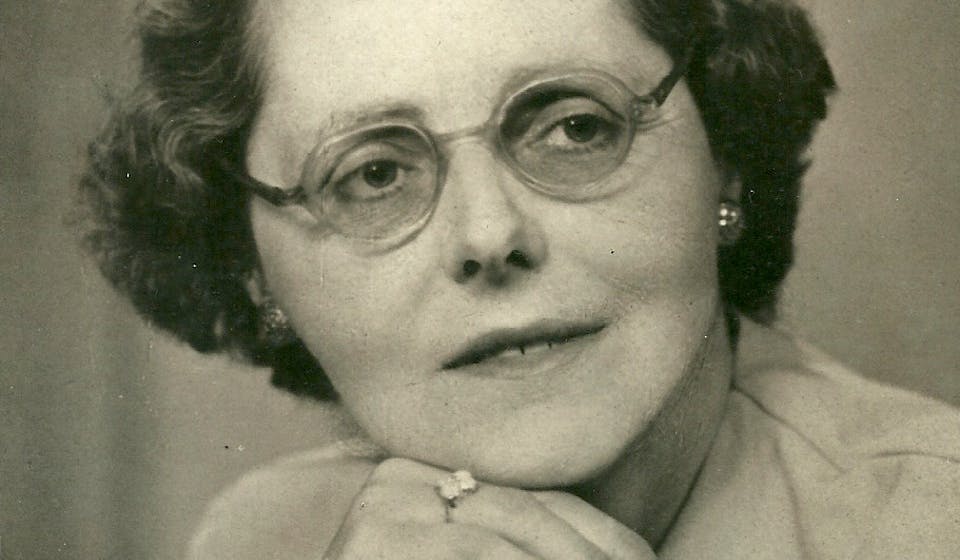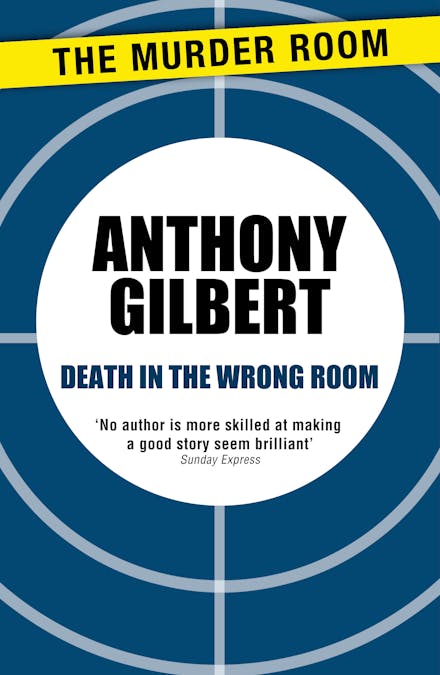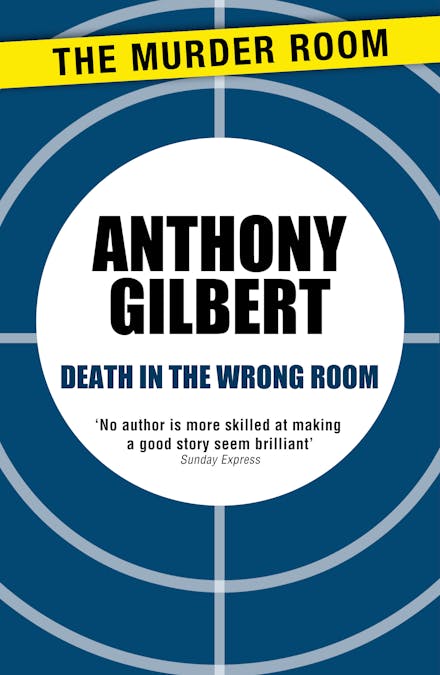Imprint
- The Murder Room
- The Murder Room
Fiction, Crime & mystery, Classic crime
A chilling day of murder in the midst of post-World War II austerity
Classic crime from one of the greats of the Detection Club
In the spring of 1946, the redoubtable Lady Bate arrives at The Downs, built by the eccentric Colonel Anstruther years before. The aftermath of war has forced the colonel's daughter to take in paying guests, but only Lady Bate knows the secret of Mrs Anstruther's past life and the mystery behind her hermit-like existence.
When Lady Bate is found dead, a chance remark puts detective Arthur Crook on the right track, which he follows - at risk to his life.
Praise for Death in the Wrong Room
-
Unquestionably a most intelligent author. Gifts of ingenuity, style and character drawing - SUNDAY TIMES
-
Made me feel apprehensive and very-very aware that I was reading it while all alone in the house and made me very conscious of the creaks and other noises. And the humour is delicious - Inkquilletc.blogspot
-
No author is more skilled at making a good story seem brilliant - SUNDAY EXPRESS
-
Fast, light, likeable - NEW YORK TIMES
-
Well-plotted, fast-moving - brilliant

Anthony Gilbert
Anthony Gilbert was the pen name of Lucy Beatrice Malleson. Born in London, she spent all her life there, and her affection for the city is clear from the strong sense of character and place in evidence in her work. She published 69 crime novels, 51 of which featured her best known character, Arthur Crook, a vulgar London lawyer totally (and deliberately) unlike the aristocratic detectives, such as Lord Peter Wimsey, who dominated the mystery field at the time. She also wrote more than 25 radio plays, which were broadcast in Great Britain and overseas. Her thriller The Woman in Red (1941) was broadcast in the United States by CBS and made into a film in 1945 under the title My Name is Julia Ross. She was an early member of the British Detection Club, which, along with Dorothy L. Sayers, she prevented from disintegrating during World War II. Malleson published her autobiography, Three-a-Penny, in 1940, and wrote numerous short stories, which were published in several anthologies and in such periodicals as Ellery Queen's Mystery Magazine and The Saint. The short story 'You Can't Hang Twice' received a Queens award in 1946. She never married, and evidence of her feminism is elegantly expressed in much of her work.




































.png?auto=compress&w=150&h=60&fit=crop&fm=jpg)

.png?auto=compress&w=150&h=60&fit=crop&fm=jpg)

